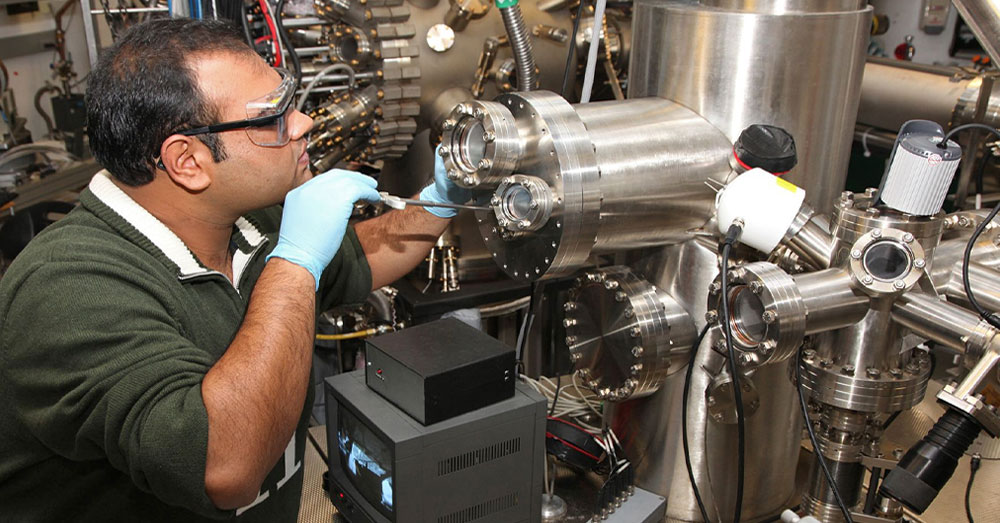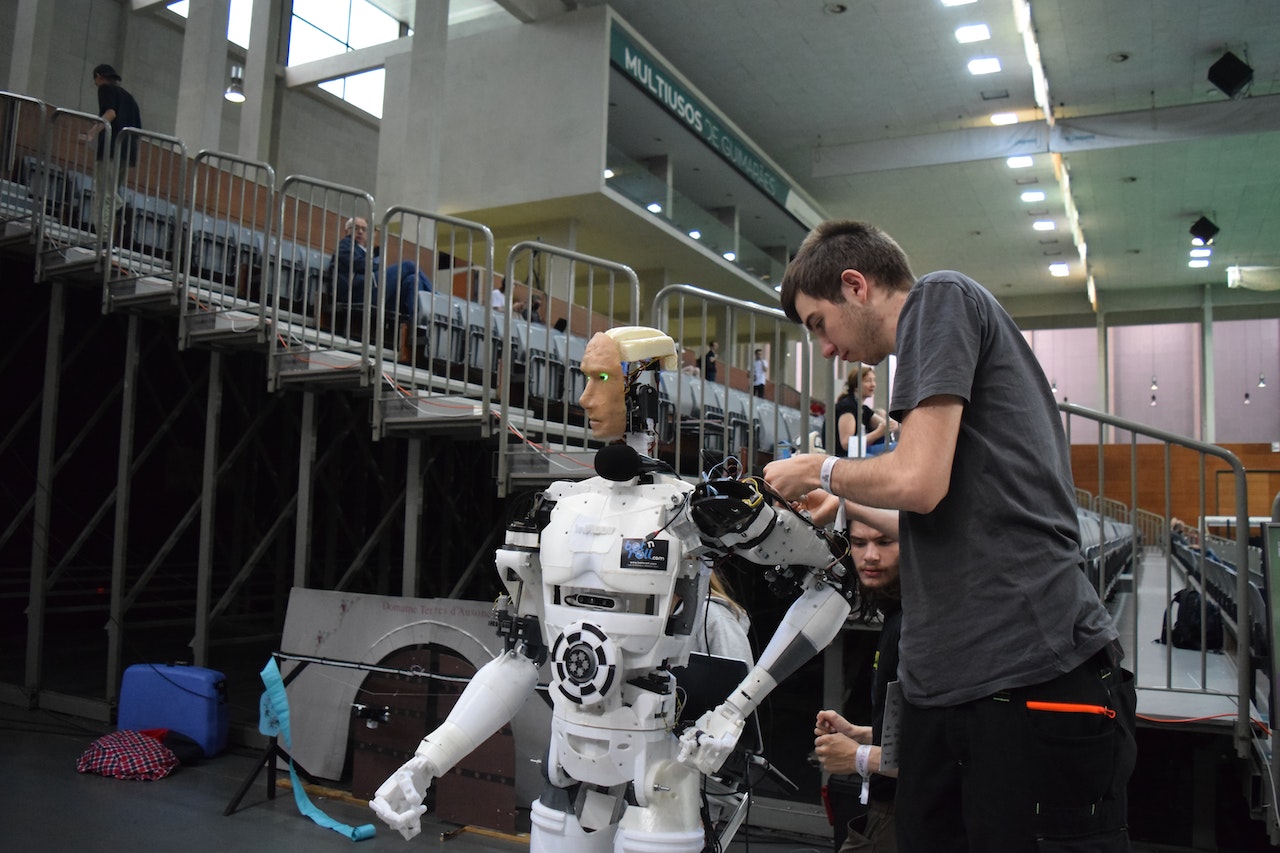Mechanical engineering holds immense potential for shaping the future of science and technology. As an interdisciplinary field, it encompasses various branches like robotics, aerospace, manufacturing, and renewable energy. In this blog post, we will delve into the incredible advancements and opportunities that lie ahead in the world of mechanical engineering.
1. Introduction to Mechanical Engineering:
Mechanical engineering is the branch of engineering that deals with the design, development, and management of mechanical systems. It combines principles of physics, mathematics, and materials science to create innovative solutions for real-world challenges.
2. Role of Mechanical Engineering in Science and Technology:
Mechanical engineers play a crucial role in advancing science and technology across various industries. Through their expertise, they develop cutting-edge technologies and contribute to major scientific breakthroughs.
3. Robotics and Automation:
Robotics is an area of mechanical engineering that focuses on designing, building, and programming robots. These machines can perform tasks autonomously, improving efficiency, safety, and productivity across industries such as manufacturing, healthcare, and exploration.
4. Aerospace and Aviation:
Mechanical engineers have played a significant role in shaping the aerospace and aviation industry. They are responsible for designing aircraft, spacecraft, and propulsion systems. As the aerospace sector continues to evolve, mechanical engineers will lead the way in developing more efficient and sustainable aircraft.
5. Sustainable Energy:
With the increasing global emphasis on sustainability, mechanical engineers are at the forefront of developing renewable energy technologies. They work on projects related to wind turbines, solar panels, and energy storage systems. By harnessing natural resources, mechanical engineers contribute to a greener and more sustainable future.
6. Additive Manufacturing:
Additive manufacturing, also known as 3D printing, has revolutionized the manufacturing industry. Mechanical engineers utilize this technology to create complex designs, prototypes, and finished products. This innovative approach leads to reduced waste, faster production times, and greater design flexibility.
7. Nanotechnology and Materials Science:
Nanotechnology and materials science have opened new horizons for mechanical engineers. By manipulating materials at the atomic and molecular level, they can develop stronger, lighter, and more durable materials. This advancement has a wide range of applications, from electronics to healthcare.
8. Artificial Intelligence and Machine Learning:
The integration of artificial intelligence (AI) and machine learning (ML) has transformed mechanical engineering. AI and ML algorithms enable engineers to optimize designs, predict system behavior, and enhance overall performance. These technologies empower mechanical engineers to develop intelligent systems and optimize complex processes.
9. Challenges and Opportunities:
While mechanical engineering offers immense possibilities, it also faces challenges such as sustainability, climate change, and ethical considerations. However, these challenges present opportunities for innovation and interdisciplinary collaborations. Mechanical engineers can work towards creating sustainable solutions, mitigating environmental impact, and improving ethical standards.
10. Conclusion:
The future of science and technology heavily relies on the potential of mechanical engineering. As we continue to push boundaries and explore new frontiers, mechanical engineers will play a pivotal role in driving innovation and shaping a better world. By embracing emerging technologies and combining their expertise with other fields, mechanical engineers can unlock extraordinary possibilities and lead us into a brighter future.











